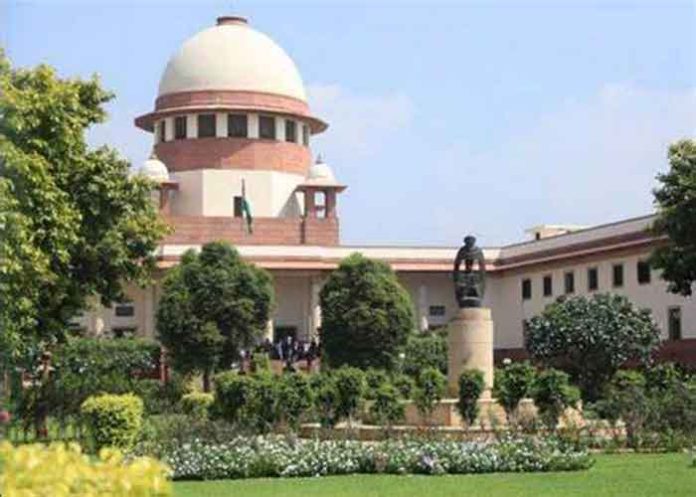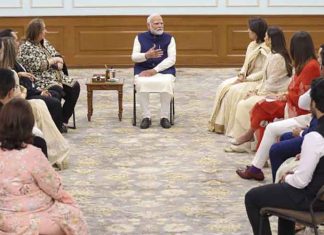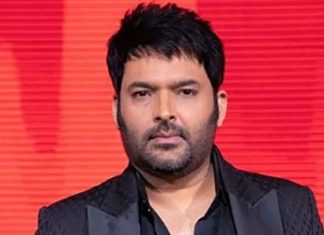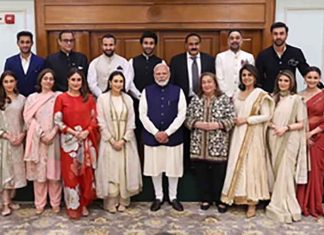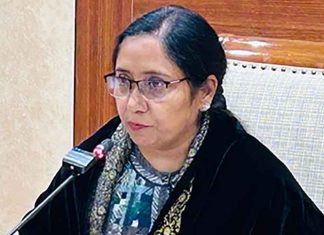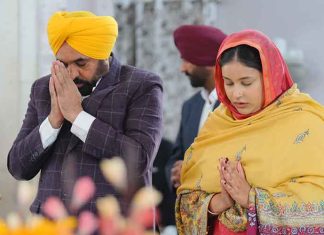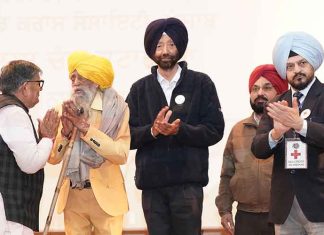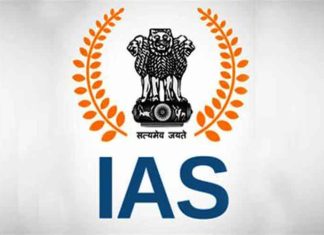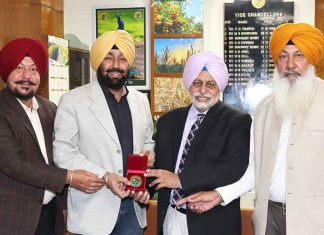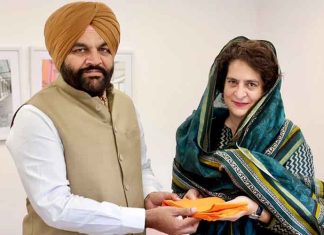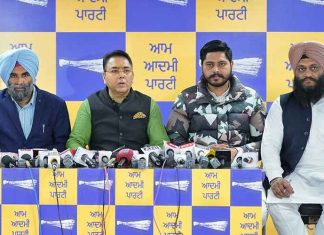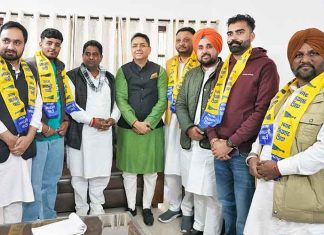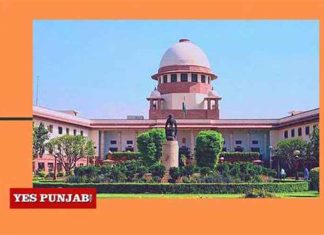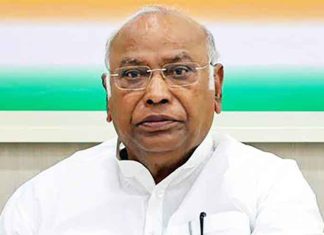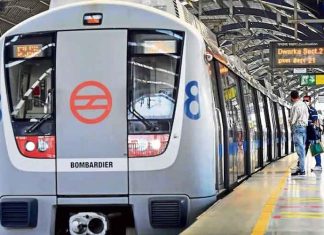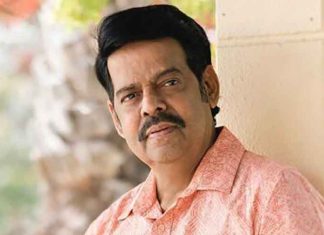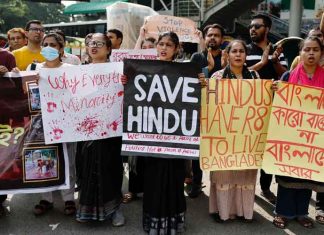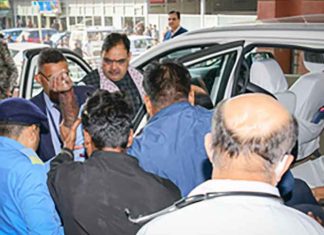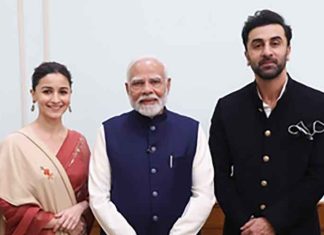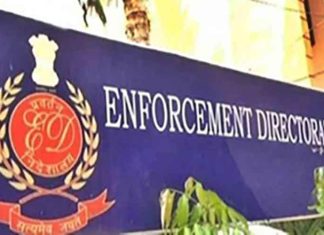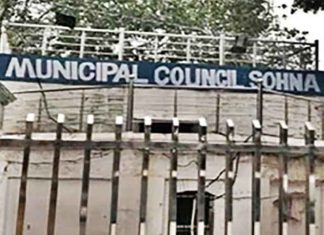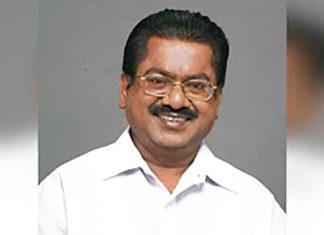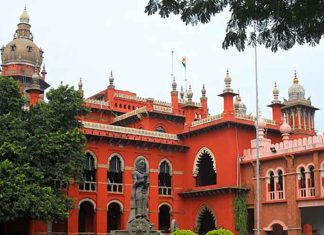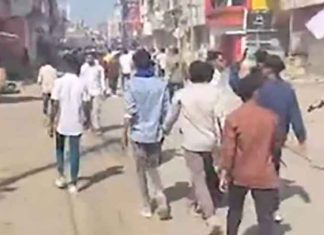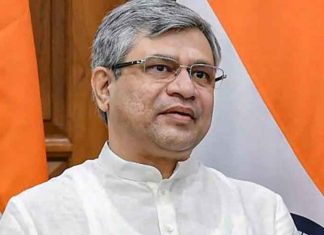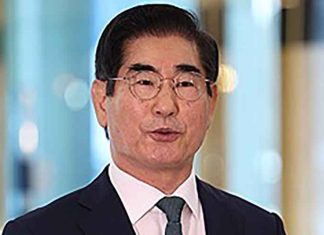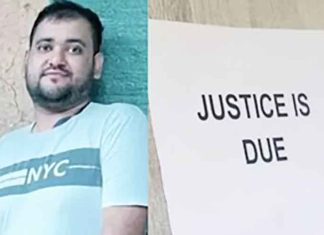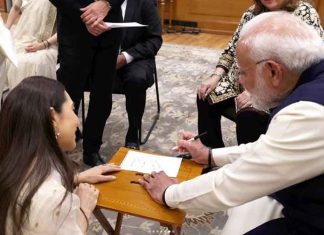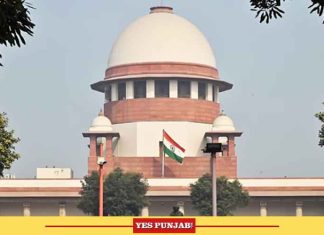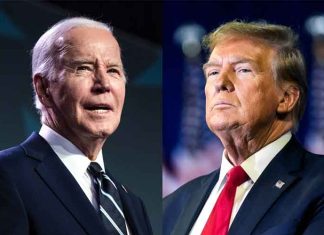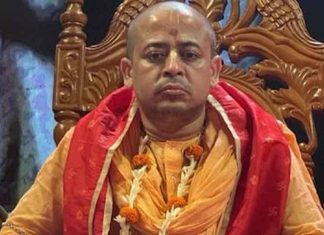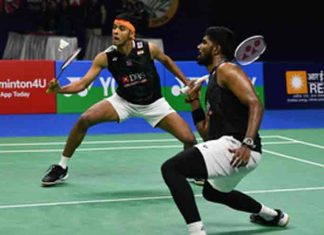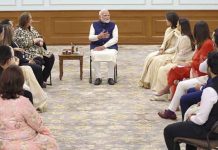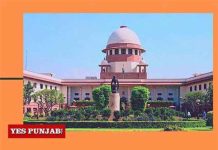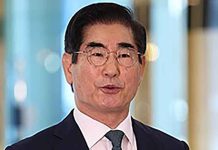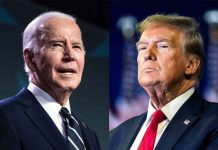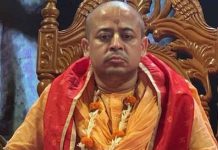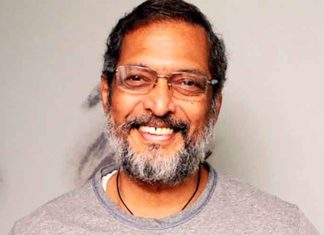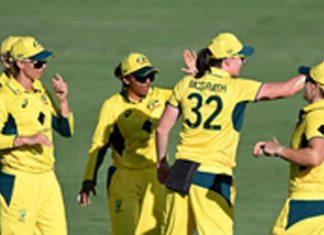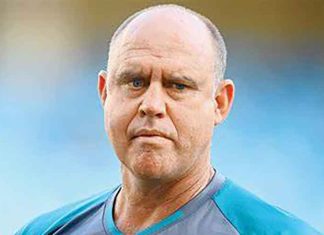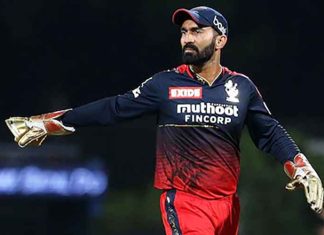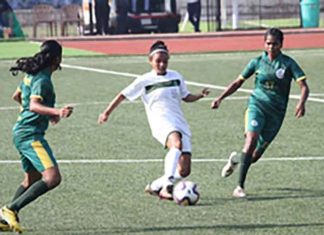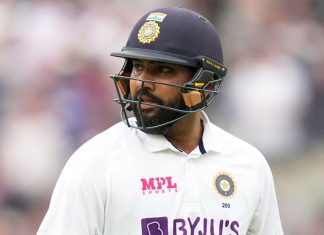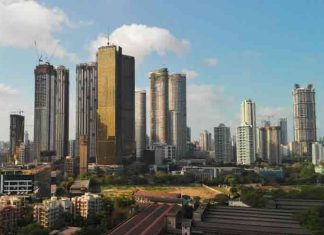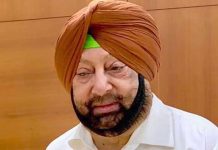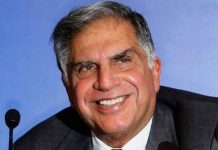New Delhi, Dec 11, 2024
A day ahead of the crucial hearing in the Supreme Court on pleas challenging the validity of the Places of Worship Act, RJD MP Manoj Jha, on Wednesday, filed an intervention application, saying that the primary objective of the 1991 Act is to uphold the secular character of India’s democracy by prohibiting the conversion of any place of worship from its religious character as it existed on the day of Independence.
“The 1991 Act was passed by Parliament to prevent communal disharmony and uphold the constitutional values of equality, fraternity, and secularism.
“In doing so, it fulfilled the Parliament’s duty to ensure peaceful coexistence among people of all religious backgrounds and protect the inclusive spirit of the Constitution,” said the application.
The application stated that the Parliament enacted the law to preserve communal harmony and prevent disputes over religious sites that could destabilise public peace and order.
The application said that the RJD leader, through his writings and parliamentary discussions, opposed reopening settled issues concerning religious sites, cautioning that such actions could incite discord, and highlighted the Act’s pivotal role in maintaining peace.
For any person who seeks solace or recourse against the actions of any number of ancient rulers, the law is not the answer, it added.
The application said that the 1991 Act is a crucial piece of legislation that aligns with the objectives of the Indian Constitution, as outlined in the Preamble as well as under Articles 14, 15, 25, 26, and 51A, and serves as a legislative guarantee to ensure that all places of worship, as they existed on August 15, 1947, are protected and maintained.
“The 1991 Act is not in contravention with any of the fundamental rights under Part III of the Constitution and in fact promotes the basic tenets of our Constitution. It is submitted that the 1991 Act highlights the obligations of a secular State and India’s commitment to the quality of all religion,” the application said.
It further said that in recent times there is a rise in “sectarian politics over Constitutional values” and the recent incidents of weaponising religion, polarising communities and fostering a divisive agenda is creating repercussions where dissent and diversity faces increasing threats.
The Supreme Court has notified a three-judge Special Bench to hear a clutch of petitions challenging the validity of certain provisions of the Places of Worship (Special Provisions) Act, 1991.
As per the causelist published on the website of the apex court, a special Bench headed by CJI Sanjiv Khanna and comprising Justices Sanjay Kumar and K.V. Vishwanathan will hear the matter on December 12.
A similar application has been moved by the Managing Committee of Varanasi’s Gyanvapi Mosque before the top court, saying that the consequences of declaring the 1991 Act unconstitutional are bound to be drastic and will obliterate the rule of law and communal harmony.
The mosque committee said that an Article 32 petition challenging a legislative enactment must indicate the unconstitutionality of the provisions based on constitutional principles and the rhetorical arguments seeking a sort of retribution against the perceived acts of previous rulers cannot be made the basis for a constitutional challenge.
“The Parliament, in its wisdom, enacted the legislation as a recognition of secular values of the Constitution. The applicant humbly submits that while this Hon’ble Court considers this challenge to the 1991 Act, the petition may be dismissed as being devoid of merits,” the application had added.(Agency)




